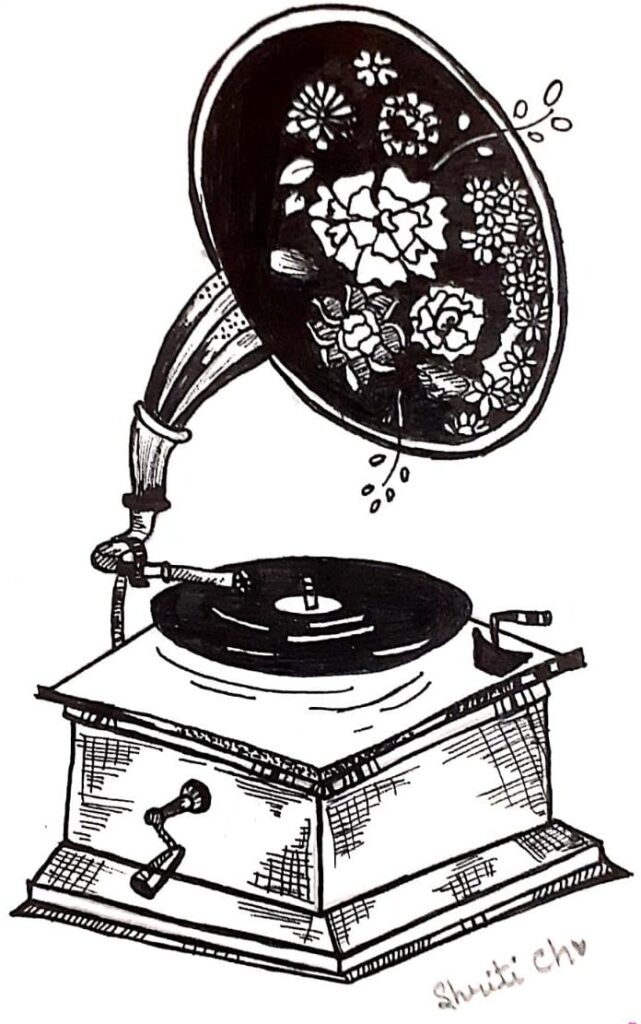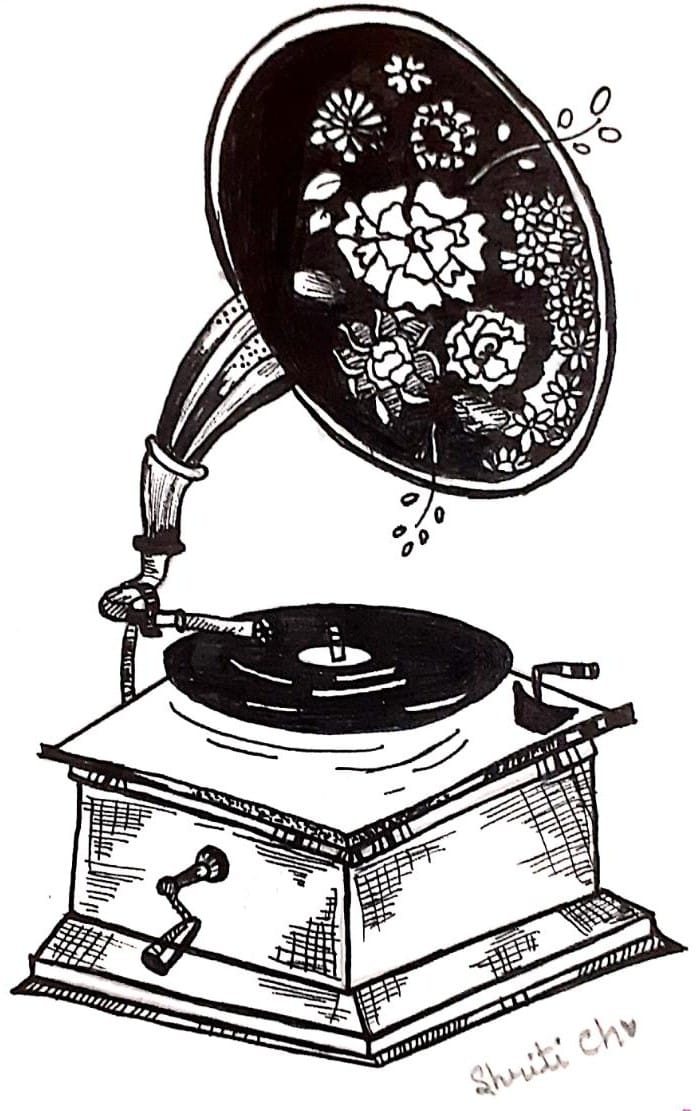
From sailor’s shanties to YouTube parodies of popular songs, music has become a whole niche of media and creativity that takes root in an extraordinary period of crisis. There is not much to say about the current crisis we are going through, which has not already been spoken about. However, in our struggle of dealing with it, we have used music as an integral, yet underappreciated tool that has brought people together, and has kept many others going in harsh circumstances.
Music is a catalyst for bringing large communities together— in fanfare, in protest, or common cause. In these times, with the coronavirus pandemic, we have seen various music pieces that have helped people introspect, and many incidents where music has brought people together in unity while being completely isolated. Different genres of music have different impacts on people— due to associated memories, or because of the emotions, it can evoke.
The last four months have been hard on the entire populous. Boxed up inside four walls, listening to horror stories of a virus that seems to be spreading like wildfire with no immediate cures in the future sounds no less than like the plot of the next doomsday movie. With no immediate hopes of facing and battling any physical barriers, we have allowed fear and panic to drown us in a sea of hurling emotions without the brevity of seamen and are left stranded on the lonely shores of self-hatred and desolation. The only way to rise back from the abyss is to enact our versions of self-love. However, at the moment, with most of us trapped in less than pleasant circumstances, that is easier said than done. The key to dealing with our emotions is to permit ourselves to show them. What we instead end up doing is forgetting and forgiving everyone, and everything except ourselves, which leads to a hopeless situation with us pointing a gun at our heads, and the cycle continues.
Life lasts for a maximum of a hundred and twenty-two years (It’s a record, we looked it up); that is if you manage to become the next human miracle.
And let’s face reality, we love comfort food too much for that to happen.
So how do we break the cycle?
That’s where the symphonies come in. To some, music is a dome with a white flag, keeping the relentless stream of cruel truths out and the secrets safe inside. To others, it writes a love letter or if you’re the literary type (we believe the Bard would be proud), a sonnet or two.
In general, art has been integral to society as a whole, and music— which is an art itself— serves as an excellent medium. It has inspired artists in their creative processes, and in overcoming ‘creative blocks’— periods where artists might have difficulties working with their ideas or lack any at all. In that respect, there has been a great deal of research concerning music and its effects on people merely thinking of new ideas. And it’s not just artists, as all of us regularly come up with original thoughts as part of solving everyday problems, or even in our professional lives. All this is a creative mind trying to engage with a challenge. And with that, music can help us. Studies have shown that someone listening to music while being involved in a creative activity is more likely to develop more innovative and more well-thought ideas than someone working in silence. These are the proven positive effects of music on learning abilities, memory and retention, and cognitive ability in a wide variety of studies. In short, music has a varied skill-set, and it has a place everywhere in people’s hearts and minds.
Music is more than just frequencies that stimulate the brain. From the background score of The Shining that had people terrified but gripped at the same time, to the opening riff of that Led Zeppelin song (everyone knows which one) which still brings fans to tears—music transports us to another place. Sometimes, that’s just what someone needs. Music therapy has shown tremendous success in helping with anxiety. The recent rise in the mainstream popularity of Neo-Jazz and R&B artists, as well as the sudden spike in some classics that had only appealed to a niche audience in their height of fame, proves this point. Today’s generation, the most vocal activists of mental health, are taking to music as a coping mechanism—a mechanism that’s working.
We at MTTN, have tried to contribute to this cause too, by creating playlists for precisely this reason. It’s not always easy to stop all things that affect our mental health. Sometimes the easiest thing to do is put on that one song that will make you forget everything for a while, and once the song is over, it’s just as easy to play it back.
Spotify: https://open.spotify.com/user/caabxbgzsi0t7v97ko1c2eiek?si=3G6hwAjCTbGZ9kQElpXB-Q
Apple: https://music.apple.com/profile/manipalthetalk
Youtube: https://music.youtube.com/channel/UCwW9nPcEM2wGfsa06LTYlFg
Written by Yatharth Sood, Shriti Chandra and Rajika Ghose for MTTN
Edited by Harshaj Sood for MTTN
Featured Image by Shriti Chandra for MTTN

Leave a Reply
You must be logged in to post a comment.